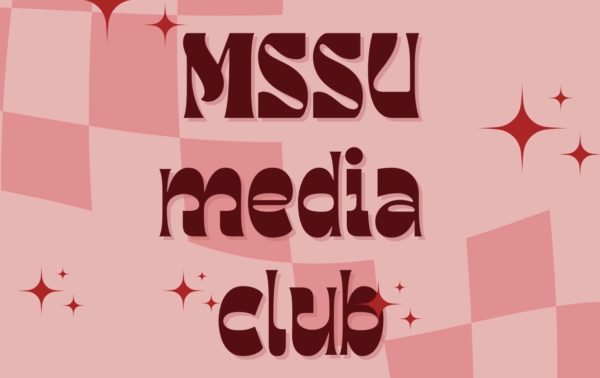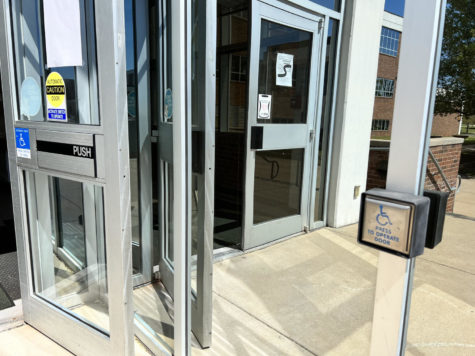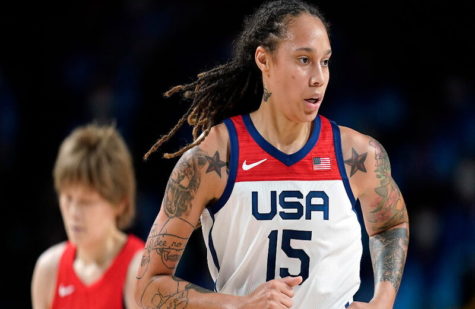A writer’s risk: take the chance
How The Chart is for more than just Comm Dept. students
The Chart was an excellent opportunity to learn the tools to be a better writer and gave me a glimpse of the world of journalism. The group met once a week with Emily Smith, the faculty Chart Adviser and discussed previous and future writing projects.
During this time, I also gained knowledge of skills that will help lead me in the right direction to be a better writer. One skill I gained was learning how to research my stories thoroughly. While working with a co-writer, I learned to make sure the sources I used were reliable and that the authors of articles were trustworthy. It made me realize there are extra steps to ensure the sources are good enough to be used.
Another important skill I learned was writing down interview questions and narrowing them to ensure they stay on the story’s topic. It made me realize how long it takes to brainstorm and prepare for interviews. It was something I had never experienced before. It was an exciting experience because, to be the interviewer, I didn’t think I would be the one getting nervous during the interviews.
My advice to fellow interns is to take time to think about what your message is to your audience when writing. It’s also about finding your voice in your writing and realizing your strengths and elements that must be polished.
— Katrina Ball
An additional skill I learned from The Chart was putting together the story. I was advised to have a nut graph, quote and transition. The nut graph consisted of the most crucial information, details about the subject, essential info and a strong finish with a firm quote. This was a repeated process for all of my stories which I found helpful because it got me into the habit of writing in that format.
Before my internship, I consistently thought about how writing was in the professional world, and I had no prior experience with the methods I had learned in The Chart. I knew I had a lot of materials and tools to learn when it came to the field, and with my internship, I feel I am now more prepared.
My writing has grown in more professional ways, and I am grateful for the opportunity to develop as a writer. And now, in my final semester, I decided to join The Chart as a class, and I continue to learn and grow as a writer while building my portfolio for future employers.
My advice to fellow interns is to take time to think about what your message is to your audience when writing. It’s also about finding your voice in your writing and realizing your strengths and elements that must be polished. Always be aware of the sources that you use; it’s good to do some background checks to make sure they’re reliable. Also, check the author themselves and ask yourself what makes that author trustworthy.
Smith advised, “When writing a story, don’t make the audience think a certain way; that will get you nowhere. Give the audience something to think about.” This solid piece of advice made me realize how a story is written is important, especially if it’s for a big audience. I plan to use this as my mindset when I write for the Chart again next semester and in my future jobs.
Your donation will support the student journalists of Missouri Southern State University. Your contribution will allow us to purchase equipment and cover our annual website hosting costs.




































Linda Jensen • Apr 14, 2023 at 4:46 pm
Congratulations Katrina. Interesting points you made in your article.